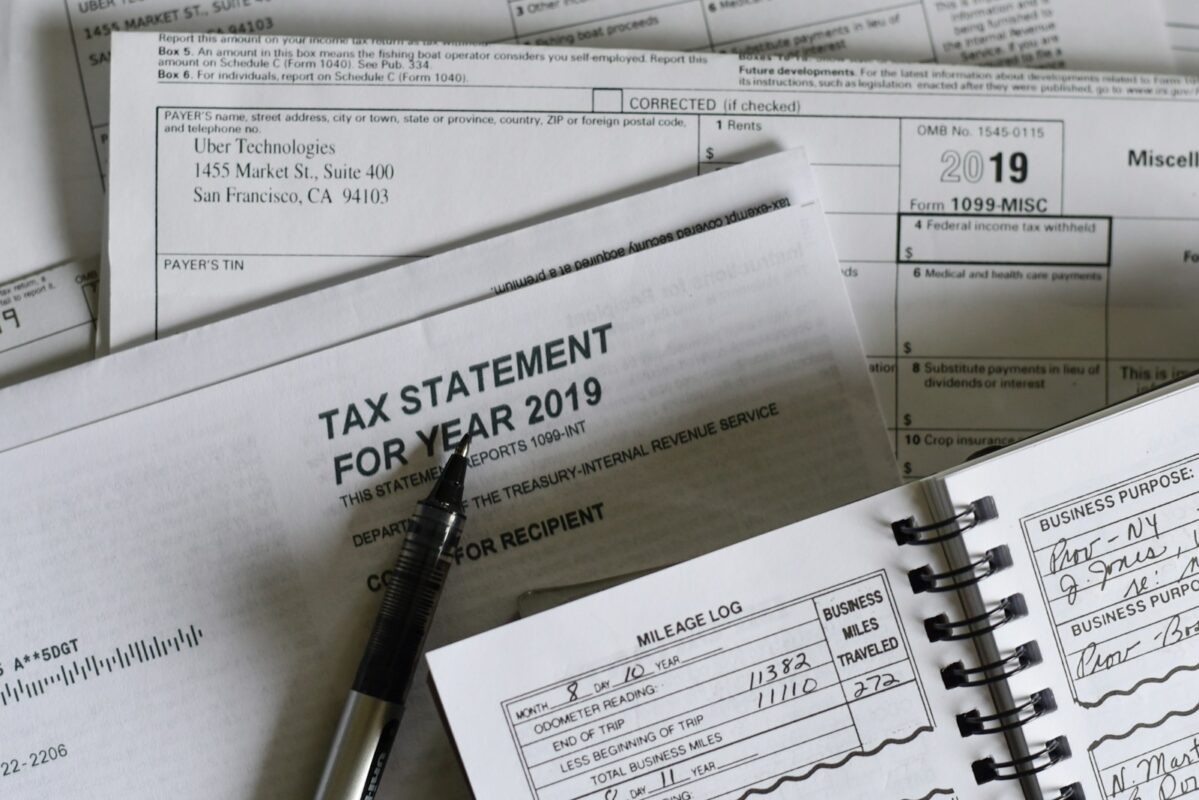In the UK tax deductions, employees can claim only a limited range of necessary business expenses against taxable pay. Costs for travel between home and work are considered private and not deductible, though if you’re assigned away from your usual workplace for up to 24 months, you may claim travel and subsistence relief related to that temporary work location. Reimbursements for business entertainment and relocation expenses (up to £8,000) are typically tax-free if specific rules are met.

Personal Deductions & Charitable Giving
Charitable gifts made through Gift Aid or approved payroll schemes attract basic-rate relief, and higher-rate taxpayers may claim additional relief via self-assessment. If an estate donates at least 10% to charity, the inheritance tax (IHT) rate drops to 36% instead of 40%. Under the Cultural Gifts Scheme, donors of important art or heritage items may get up to 30% of its value credited against income tax or capital gains tax.
What Can’t Be Deducted
No relief is available for:
- Alimony
- Medical or childcare costs
- Social security contributions
- Council tax or other UK taxes
- Most insurance premiums
- Mortgage interest (except for commercial rental properties)
- Fines, penalties, contingent liabilities
Pension Contributions & Reliefs
Residents under age 75 can contribute to UK-registered pension schemes. Employer contributions are usually not taxed as benefits, and personal contributions qualify for relief up to employment earnings—but subject to the annual allowance (currently £60,000). For high earners (e.g., income + employer contributions ≥ £260,000), the allowance tapers to as low as £10,000.
You can carry forward unused allowance from the prior three years. Exceeding the allowance triggers an annual allowance charge, which may be settled in-scheme if over £2,000. The old lifetime allowance has been scrapped as of 2023.
Withdrawals & Death Benefits of UK Tax Deductions
From age 55 (rising to 57 in April 2028), you may access your defined-contribution pension. The first 25% (up to £268,275) is tax-free; the remainder is taxed as income.
If you die before 75, remaining funds pass tax-free to beneficiaries.
If you die after 75, withdrawals are taxed at the recipient’s rate; lump sums to natural persons inherit tax treatment, but payments to trusts or companies may attract 45% tax.
An upcoming change from 6 April 2027 will treat most undrawn pension funds and death benefits as part of the deceased’s estate for IHT. The draft rules are under consultation.
Unapproved schemes like FURBS and EFRBS may not benefit from these new rules and have been found vulnerable to IHT in precedent cases.
Other UK tax Deductions & Business Reliefs
Self-employed individuals may deduct expenses that are “wholly & exclusively” for their trade—though client entertainment is excluded. Capital items are relieved via capital allowances, not immediate depreciation. Losses can be offset against other income (within limits), carried forward, or used against capital gains in some situations.
A general cap on income tax reliefs applies (£50,000 or 25% of income, whichever is greater), barring charitable donations. For landlords, mortgage interest relief is restricted: only 20% of finance costs may reduce tax liability.
Transactions & Connected Parties
Transactions between related persons should be valued at open market value, except transfers between spouses. Losses on disposals to connected persons are restricted in how they may be used.

FAQs of UK Tax Deductions
Q: Can I deduct commuting costs?
No — travel between home and your regular workplace is private and not deductible. Only temporary assignment travel may qualify.
Q: How much can I contribute to a pension tax-efficiently?
The current annual allowance is £60,000, with tapering for higher earners. Unused allowance may be carried forward up to three years.
Q: Are charitable gifts tax deductible?
Yes. Basic-rate relief is automatic via Gift Aid; higher-rate taxpayers claim extra relief through self-assessment. Charitable estate donations of ≥10% reduce IHT rate to 36%.
Q: What about mortgage interest relief?
Mortgage interest is not deductible against general income. In residential letting, relief is limited to 20% of financing costs.
Q: Do foreign pensions get taxed in the UK?
Yes. Since 6 April 2017, foreign pension income is taxed like UK pensions for UK residents (i.e., no 10% deduction rule).
